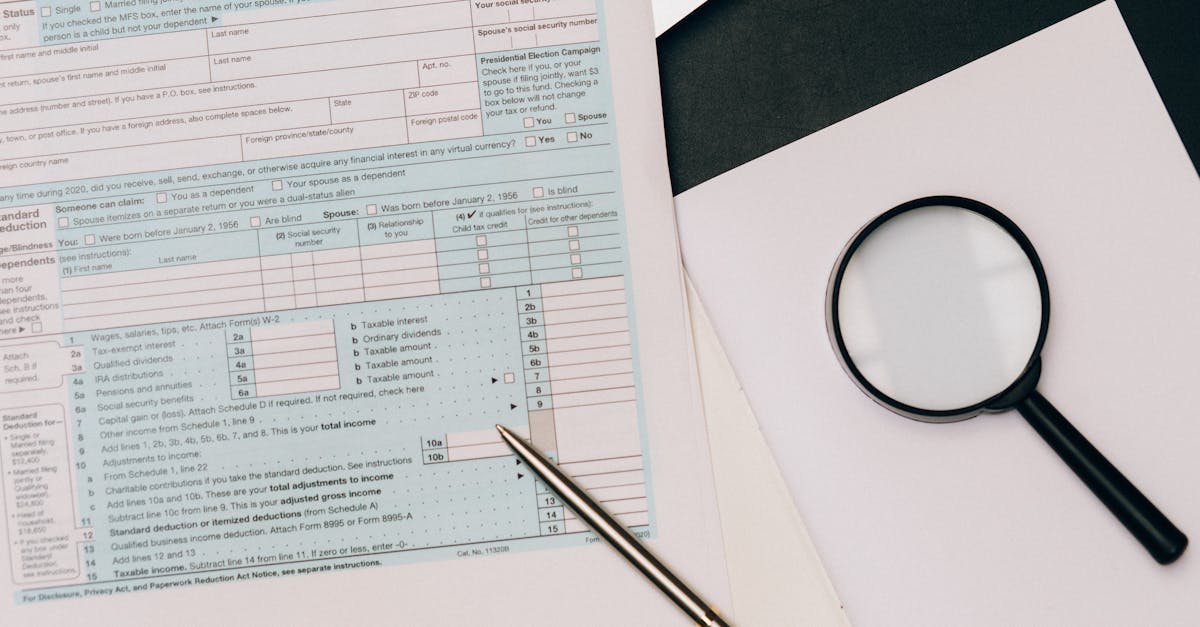Pros and Cons of Debt Settlement
Introduction
Debt settlement is a strategy used by individuals struggling to manage multiple debts, where they negotiate with creditors to pay a reduced amount. It is often considered a viable alternative to bankruptcy and aims to alleviate financial stress. Understanding the pros and cons of debt settlement is essential before choosing this option.
Advertisement
Financial Relief
One of the primary advantages of debt settlement is the potential for substantial financial relief. By negotiating a reduced payment, individuals can lower their overall debt obligations significantly. This reduction can free up financial resources, making it easier to manage everyday expenses and reinvest any remaining money into savings or future financial goals.
Advertisement
Avoiding Bankruptcy
Debt settlement can serve as an alternative to bankruptcy, which often has more severe long-term consequences on one's credit report. Bankruptcy stays on your credit report for up to 10 years, while debt settlement, though still negative, generally has a lesser impact. Individuals may choose this option to avoid the stigma and extensive court proceedings associated with filing for bankruptcy.
Advertisement
One-Time Payment and Simplification
Settling debts through a lump-sum payment simplifies payment structures. Rather than keeping track of multiple bills, debtors can consolidate their obligations into fewer payments. The simplification also works by stopping creditors from continuously pursuing collection efforts once the settlement is complete, allowing the debtor to regain financial stability and peace of mind.
Advertisement
Negative Impact on Credit Score
A major downside of debt settlement is its negative effect on your credit score. Even though the debt is resolved, settled debts can remain on your credit report for seven years as "settled accounts." This notation can make future borrowing more difficult since it signals to potential lenders that full obligations were not met, increasing the perceived credit risk.
Advertisement
Potential Tax Liabilities
Another downside to consider is the possibility of tax liabilities. The Internal Revenue Service (IRS) treats forgiven debt as taxable income, meaning the forgiven amount may have to be reported and taxed accordingly. This unexpected tax bill can complicate the situation for individuals who just managed to settle their debts.
Advertisement
Possible Fallout with Creditors
Engaging in debt settlement can sometimes lead to strained relations with creditors. Attempting to settle for less than owed may cause some lenders to refuse future credit offerings or extensions of existing credit. It's important to weigh this fallout against the potential benefits of reduced debt obligations.
Advertisement
High Fees from Settlement Companies
Many individuals opt to hire debt settlement companies to negotiate on their behalf. However, these services often come at a substantial cost, with fees often based on a percentage of the settled debt. It's crucial to weigh these fees and budget accordingly to ensure that engaging a settlement company doesn't add further financial burden.
Advertisement
Limited Success Rate
Debt settlement doesn't guarantee success. Creditors are not obliged to accept reduced amounts, and negotiations can break down, leaving individuals without relief. Taking this into account is key, as persistence and determination become crucial to potentially securing a favorable outcome.
Advertisement
Conclusion
Debt settlement can provide relief to those grappling with overwhelming financial challenges but also comes with notable risks. Its impact on your credit score and potential tax liabilities should be weighed against the benefits of reduced debts and avoiding bankruptcy. Being informed of these key factors can help individuals make an educated decision tailored to their financial situation.
Advertisement

